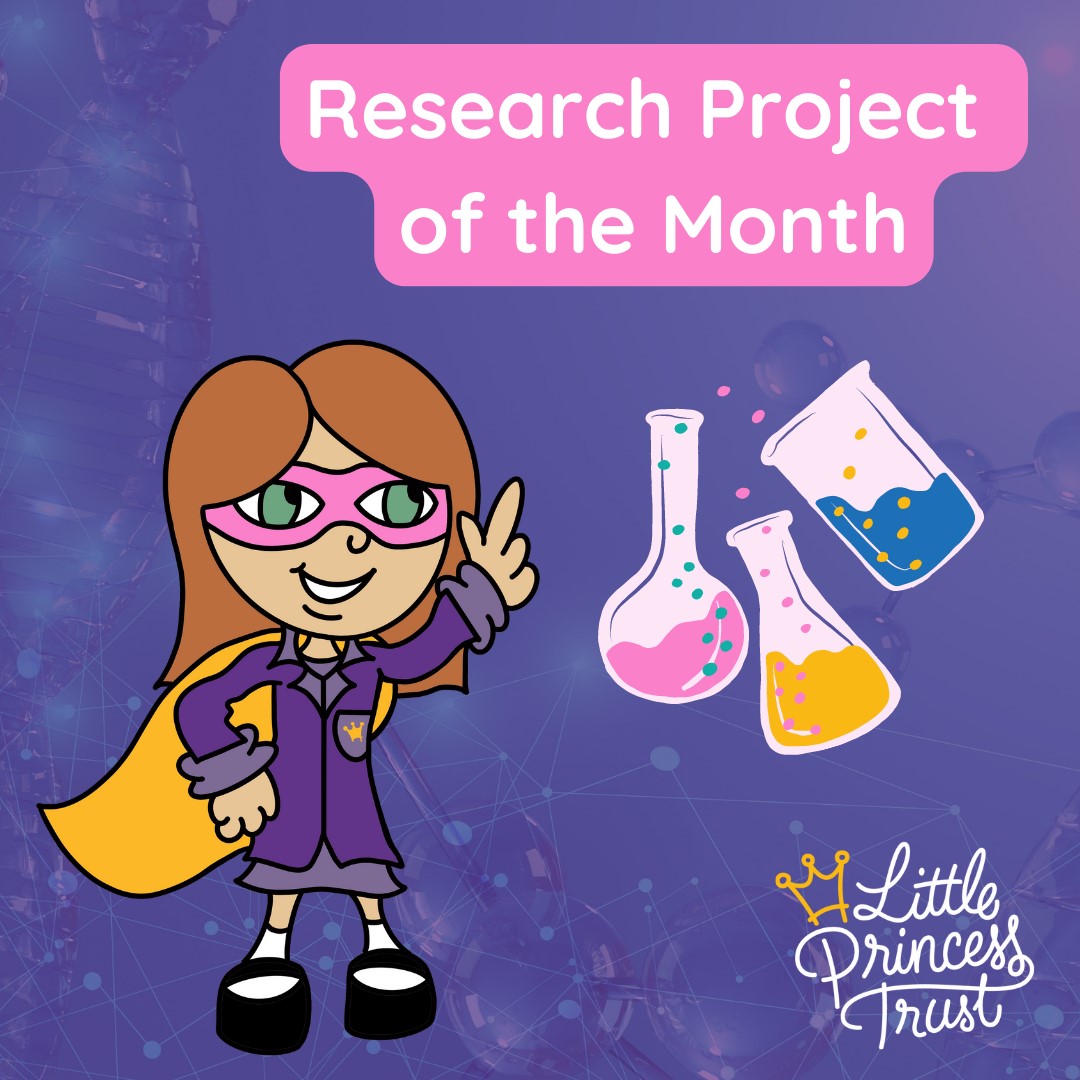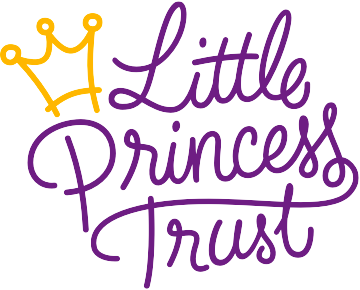Little Princess Trust News
Helping the immune system fight neuroblastoma

Research could help reduce harmful side effects
Neuroblastoma is a type of solid childhood cancer that grows in a child’s torso.
Some children have low-risk neuroblastoma, which can usually be treated successfully, but treatments like radiotherapy or chemotherapy might not work for children with high-risk cancer.
There is another type of treatment – immunotherapy. This type of treatment uses a child’s own immune system to attack cancer cells, so shouldn’t harm as many healthy cells.
It can be an effective alternative, but there are some difficult side effects like pain and nerve damage. This can lead to long term issues, and can even mean that the child has to stop treatment.
Dr Alexander Davies, at the University of Oxford, wants to find out why an existing immunotherapy treatment for neuroblastoma cause these side effects.
This treatment uses tiny proteins called antibodies, which the body normally produces to fight bacteria or viruses. These antibodies are made in the laboratory and are designed to track down cancer cells and kill them.
_9.jpg)
An important part of these antibodies is the tiny pieces of sugar that coat them. These play a part in deciding how the antibody behaves when it finds the cancer cell.
However, Alexander believes that these sugar molecules might be interacting with nerve cells to cause the difficult side effects.
His team changed the sugars coating the antibody to see if differences could help with the side effects.
They are growing human nerve cells in the lab to test their new antibodies on to make sure any findings are relevant to real patients.
So far, Alexander has found that removing most of the sugar from the antibodies has a much smaller effect on nerve cells. Now, his team need to make sure that they can still track down and kill cancer cells.
This project, funded by The Little Princess Trust, will finish later this year. Alexander hopes that his findings could be used in just a few years to design new immunotherapies.
More and more children are surviving their cancer, which puts a big focus on quality of life. This project could be a promising step forward for better and kinder treatments for children with neuroblastoma.
You can find out more about this project here.



